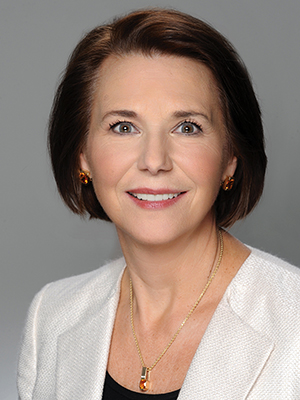 Linda P. Erickson
Linda P. EricksonLinda P. Erickson, CFP®, is the president of Erickson Advisors and a registered principal offering securities through Cetera Advisor Networks, LLC, 336-274-9403 lindae@ericksonadvisors.net.
Financial concerns can overwhelm a surviving spouse. In the last issue we discussed the information and documents you will need. Now let’s turn to your income. How much will you continue to receive, and where will it come from?
Social Security – You may choose to take your earned benefit or a percentage of your spouse’s income, whichever is greater. Make an appointment with the local Social Security office where they will inform you very quickly what your best benefit will be.
Pension – If your spouse was taking pension income, or would have been eligible to receive a pension in the future, contact the company or pension provider. You may be eligible to receive survivor benefits immediately, even if you are “under age” for normal retirement.
IRA – If you have already begun to take benefits from an IRA, this income does not need to change. Assuming your spouse named you as the beneficiary of his or her IRA you will continue to receive income, but the IRA custodian needs to be advised that the holder is deceased. Work with your financial advisor to decide if you will keep this asset as a Beneficiary IRA or do a Spousal Rollover. There are tax and wealth transfer issues that may affect this decision, and you will need to elect this change in registration no later than December 31st of the year following the death. If your spouse was the Beneficiary of your IRA obviously there is no change in your income, but you do need to change the Beneficiary as soon as possible. Failure to do so may render this asset a Probate asset upon your death.
Make Choices
How much income do you really need? Too much income taken from too small of a nest egg can lead to financial disaster down the road. Most professionals agree that a 5% withdrawal rate from your investment assets should preserve your income well into your old age.
Extremely important to this process is defining how much you need. So pause, consider, and understand the difference between “wants” and “needs.” Put a figure on the “needs;” this is your baseline. Add in the “wants,” but know that this is where you need to be flexible. Less income may now be available to you, and you will feel better, always, if your monthly expenses do not come up to your monthly income. In other words, create the ability to have a little “mad money” available from time to time.
These financial decisions are difficult, and the byzantine network of rules, deadlines, forms and demands do not help. Through it all it is important to feel in control of your choices. The support and guidance of a trusted advisor can help greatly at this time, but what if you don’t have one? Where can you go for help? The best advice is to make your own decision. Interview several advisors, find the right person for you, someone with whom you can feel at ease, someone who comes with high recommendations from friends and other trusted professionals.
Losing a spouse is an awful passage through which many must pass. Knowing what the first steps are may lessen your anxiety as you take your next steps.

